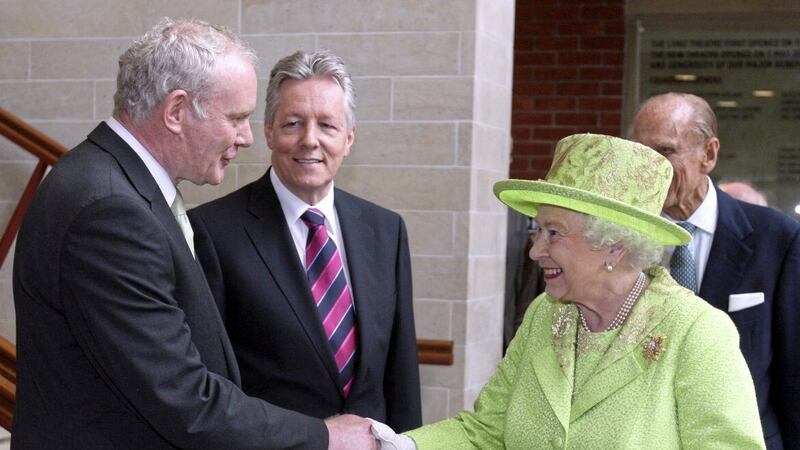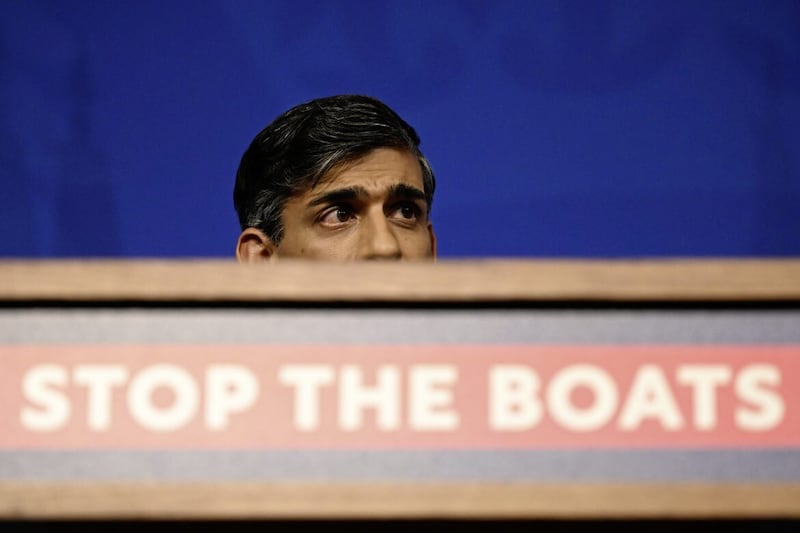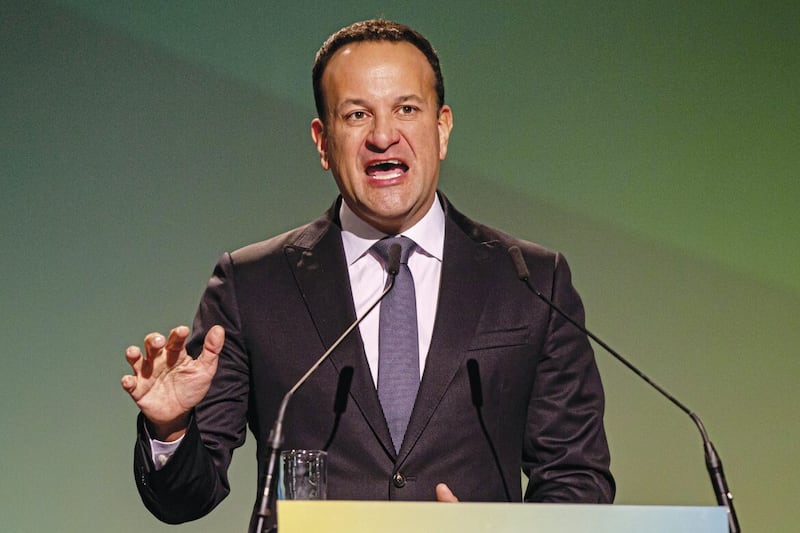Over the last two weeks since the death of Queen Elizabeth, many nationalists and republicans have gone about their daily lives without really engaging with the wall-to-wall media coverage of the various state events in Britain and not really thought too much about her life and death.
Talking to some people at the weekend, the consensus was very much that it was remarkable that anyone would be in the same position for 70 years, regardless of who they were. Also, that she seemed to have the capacity to move with the times in diplomacy terms in ways that it would be hard to imagine others having the finesse to achieve.
Unlike the world’s media, the biggest talking point in relation to Sinn Féin was not the words of the Speaker of the Assembly Alex Maskey nor the personal and genuine expression of sympathy to King Charles on the death of his mother by Michelle O’Neill. Rather, it was a lack of understanding as to why some within unionism were so annoyed by it.
For a long time, unionism has demanded that nationalists and republicans respect their culture and British identity, yet when the most public demonstration of that respect is given, the criticism of both its sincerity and the coverage of it in media circles was swift and biting.
You’d have to imagine when Arlene Foster wrote about the coverage being “far too much in my view” she might have felt quite differently had she still been first minister at the time of the death of the monarch. She would have been there with her shiny crown brooch on her black suit, listening whilst a DUP speaker delivered the message of condolence on behalf of the assembly. That would have had immense personal and political significance for a person of British identity.
The nasty comments about media coverage of the meeting more than likely illustrate what unionism has finally come to realise. Even if the assembly were up and running and the DUP was still the largest party, Michelle O’Neill as co-equal office holder would have been standing alongside the DUP and would still have upstaged them.
TUV leader Jim Allister commented that “Sinn Féin is always very adept at maximising for themselves the advantage out of any situation.” Unionism meanwhile seems intent on torpedoing itself by alienating anyone who might have the ability to help them save their precious union.
Jim sounds awfully like the employee who asks for a raise and threatens to leave unless they get it and then hears the response from the employer “we will be sorry to see you go.” He didn’t get an invitation to Westminster Abbey for the funeral service.
It would be wrong for unionism or anyone else to think that Sinn Féin’s actions over the course of the last two weeks are simply about being seen to be fit for government in Dublin in the context of sitting consistently at the top of the opinion polls. It is much more complex than that.
Mainstream republicanism has been on a journey over the last number of years that has seen policy shifts and actions that needed internal debate, discussion and working out of all possible scenarios before being acted upon. A huge part of that has been the “Uncomfortable Conversations” series which have brought different opinions and identities into debate with Sinn Féin activists in order to better inform political direction and thinking
One RTÉ programme last week suggested that Michelle O’Neill was just following in the footsteps of her political mentor Martin McGuinness in shaking the hand of King Charles as McGuinness had done with his mother. But she is a leader in her own right, long past the need to be mentored or to emulate the acts of others in the past. What was important in the here and now was to give a practical demonstration of what it means when she says she will be a first minister for all. That was the brief and Sinn Féin delivered.
Unionism would do well to follow the example of Queen Elizabeth. In shaking hands with Martin McGuinness, paying her respects to those who lost their lives in the 1916 Rising or using a cúpla focail at a state dinner in Dublin, she didn’t undermine the Union. The opposite is the case: she showed confidence because she demonstrated that respecting others did not diminish her.
If the confidence shown by Queen Elizabeth could be unionism’s legacy, it might find itself in a much stronger bargaining position than the place where it currently sits. Attempting to re-assert a long-gone dominance hasn’t worked up until now. Maybe a different tack is worth trying.








